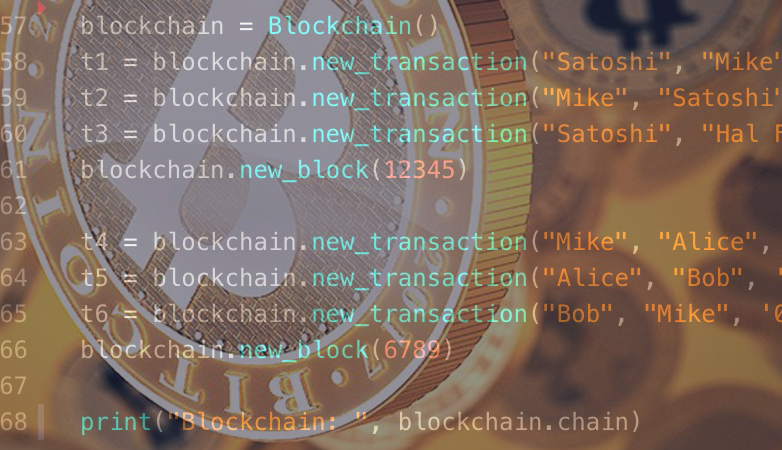Oh yes, blockchain technology provides a high degree of security… when it’s well-implemented, monitored, and updated. I’m speaking about the infrastructure, how you manage your wallet of cryptocurrency is open to discussion.
First the first
Blockchain networks exhibit differences in terms of participation eligibility and data access management. These networks are generally identified as either public or private, based on the openness of participation, and as either “permission or permissionless”, reflecting how access to the network is obtained.
We find Public and Private Blockchain Networks with different characteristics:
- Public
Blockchains: This network mostly relies on public keys, with minimal emphasis on identity and access management, impersonation is a risk here. It’s characterized by their open-access
nature, allowing any individual to participate while preserving their
anonymity. The Bitcoin network serves as a prominent example
of a public blockchain, where consensus is reached via “bitcoin
mining.” In this process, network nodes (the famous “miners”) engage in solving intricate cryptographic puzzles to generate proof of work, thereby validating transactions. - Private
Blockchains: Generally, participation is limited to identified organizations, which collaboratively form a closed “business network.” These are exclusive networks where identity verification
is essential for confirming membership and access rights. Consensus is obtained
through “selective endorsement,” a process where authenticated
users validate the transactions. Control over the transaction ledger is restricted to members who possess specific access rights and permissions.
restricted to members who possess specific access rights and permissions with a high-security value - Blockchain as an environment of technology, lacks a proper security framework dictating standardized security controls, monitoring, and audit mechanisms…no ISO, NIST, or CIS…. The main norm for EU-based companies is the new MICA (Markets in Crypto Currency Assets Regulation), but still confined to the European countries.
This lack of security controls validation, is at present the most relevant issue for the blockchain security community, however, the industry is self-regulated and implements its controls, after all, for their own benefit.
Blockchain is secure and robust, keep this in mind and have a clear understanding of what is the technology and what are the cryptocurrencies.


